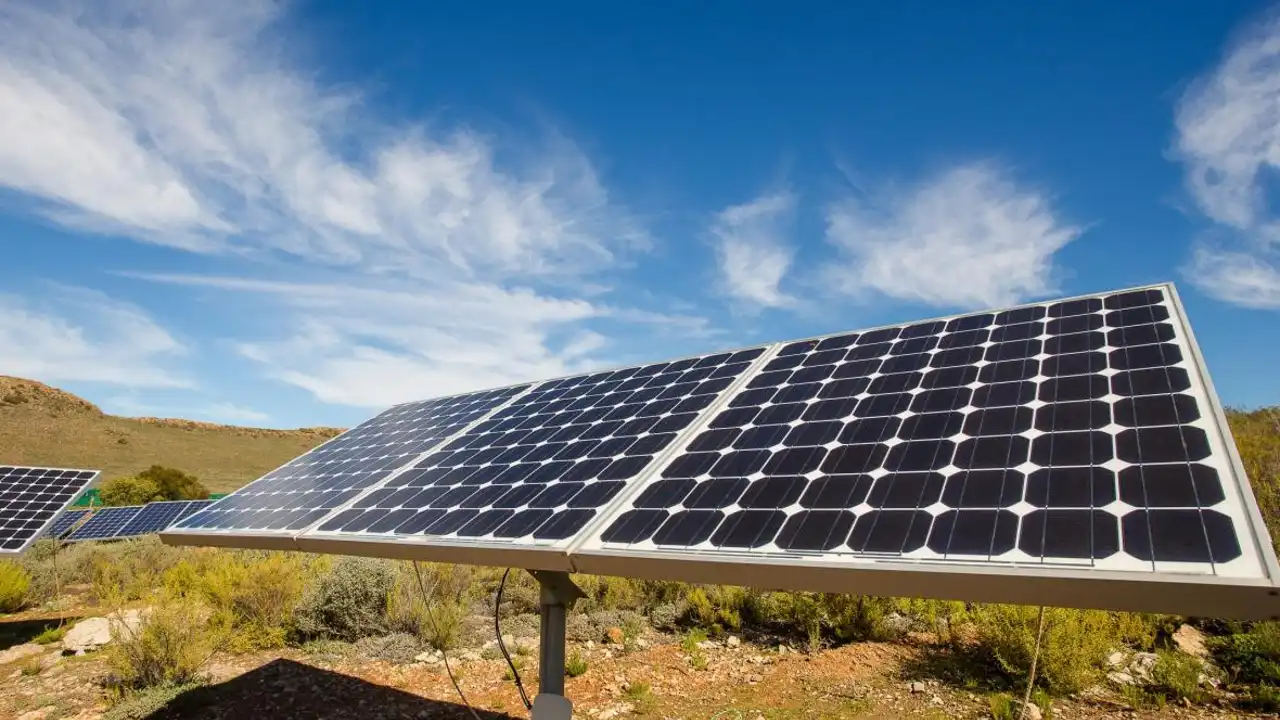Tech
Lithium Battery Integration in Solar Systems: Paving the Way for a Sustainable Future

Lithium-ion batteries have emerged as a key component in advancing the integration of sustainable energy solutions, particularly in solar systems. Lithium-ion battery companies play a vital role in harnessing the potential of these batteries to store and deliver clean energy. In this article, we will explore how lithium-ion battery companies are paving the way for a sustainable future by integrating lithium-ion batteries into solar systems, including applications like lithium-ion golf cart batteries.
Driving Energy Storage Innovation: Optimizing Solar Power
Lithium-ion battery companies are driving energy storage innovation by optimizing the integration of lithium-ion batteries into solar systems. These advanced batteries provide efficient and reliable energy storage, enabling solar systems to capture and store excess energy generated during peak periods. This stored energy can then be utilized when solar power generation is low, ensuring a steady and uninterrupted power supply.
Increasing System Resilience: Reliable Backup Power
The integration of lithium-ion batteries into solar systems enhances overall system resilience. Lithium-ion batteries act as a reliable backup power source during grid outages or periods of low solar power generation. This ensures a continuous and uninterrupted power supply, providing stability and improving the reliability of solar systems. Lithium-ion batteries enable solar installations to operate autonomously and decrease reliance on traditional power grids.
Enabling Load Shifting: Balancing Energy Demand
Lithium-ion batteries allow for load shifting in solar systems, optimizing energy usage. Excess solar power generated during the day can be stored in lithium-ion batteries and used during higher energy demand periods or during the night. This load shifting capability helps balance energy consumption, reduce peak demand, and enhance the overall efficiency of solar systems by maximizing self-consumption and minimizing energy waste.
Facilitating Grid Independence: Off-Grid and Remote Applications
Lithium-ion batteries are instrumental in enabling off-grid and remote solar applications. In areas without reliable access to traditional power grids, lithium-ion batteries provide a sustainable solution, allowing solar systems to operate independently. Applications such as lithium-ion golf cart batteries demonstrate how lithium-ion technology can be utilized in remote and mobile off-grid environments, providing reliable and clean energy solutions.
Promoting Environmental Sustainability: Clean and Green Energy
Lithium-ion battery companies contribute to environmental sustainability by promoting the use of clean and green energy solutions. Lithium-ion batteries have a lower environmental impact compared to traditional battery technologies, thanks to their longer lifespan, recyclability, and reduced emissions. The integration of lithium-ion batteries in solar systems reduces dependence on fossil fuels and helps combat climate change by facilitating the widespread adoption of renewable energy sources.
Conclusion:
Lithium-ion battery companies are at the forefront of the sustainable energy revolution, driving the integration of lithium-ion batteries into solar systems. Through energy storage innovation, increased system resilience, load shifting capabilities, and the facilitation of off-grid applications, lithium-ion battery companies are paving the way for a sustainable future. By promoting clean and green energy solutions, they play a critical role in reducing environmental impact and minimizing reliance on fossil fuels. The integration of lithium-ion batteries into solar systems signifies a significant step towards achieving a cleaner, greener, and more sustainable future.
Kenneth is a proud native of sydney, born and raised there. However, he pursued his education abroad and studied in Australia. Kenneth has worked as a journalist for almost a decade, making valuable contributions to prominent publications such as Yahoo News and The Verge. Currently, he serves as a journalist for The Hear Up, where he focuses on covering climate and science news. You can reach Kenneth at [email protected].










